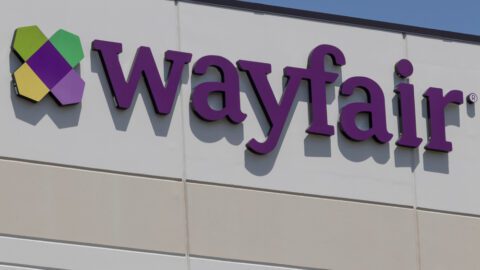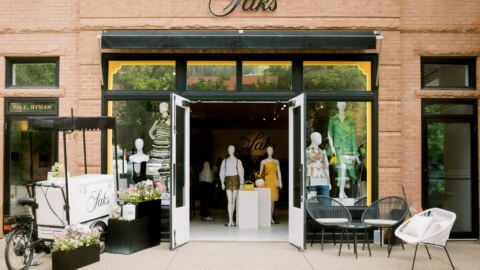Holiday spending in the U.S. could top $1 trillion for the first time this year, according to data from eMarketer. The firm predicted 5.8% growth compared to holiday 2017, which would be the biggest percentage increase since 2011, citing low unemployment, strong income growth and high consumer confidence. The holiday season was defined as spanning from Nov. 1 to Dec. 31.
The findings are somewhat more optimistic than data from the NRF, which predicted that sales would grow 4.3% to 4.8% over last year, reaching a total ranging from $717.45 billion to $720.89 billion. The NRF expects average consumer spending of $1,007.24 per person.
Brick-and-mortar stores will be the site for the vast majority of sales, at 87.7%, according to eMarketer. However, the channel’s expected growth rate of 4.4% will be eclipsed by the 16.6% growth expected for e-Commerce sales. Mobile commerce will represent 43.8% of e-Commerce this year, accounting for 5.4% of all holiday sales.
“While e-Commerce will continue to see strong double-digit gains, brick-and-mortar retail should be a particular bright spot this holiday season,” said Andrew Lipsman, principal analyst at eMarketer in a statement. “Not every brick-and-mortar retailer is thriving, and several have shut their doors this year, but others are really capitalizing on the strong consumer economy. Retailers are luring in shoppers with remodeled stores, streamlined checkout and options to buy online, pick up in-store.”
Target and Walmart in particular are upping their game for the all-important holiday season. Both retailers have expanded their toy selections to fill the gap left by the departure of Toys ‘R’ Us, and they are also capitalizing on shopper demand for a smoother, more efficient checkout experience:
- Target will launch “skip-the-line” checkout nationally in time for the holidays, letting associates check out guests from anywhere in the store using handheld scanners; and
- Walmart will introduce “check out with me” at all U.S. stores, which operates similarly to skip-the-line but will handle only bulky items such as flat-screen TVs and heavy furniture.












